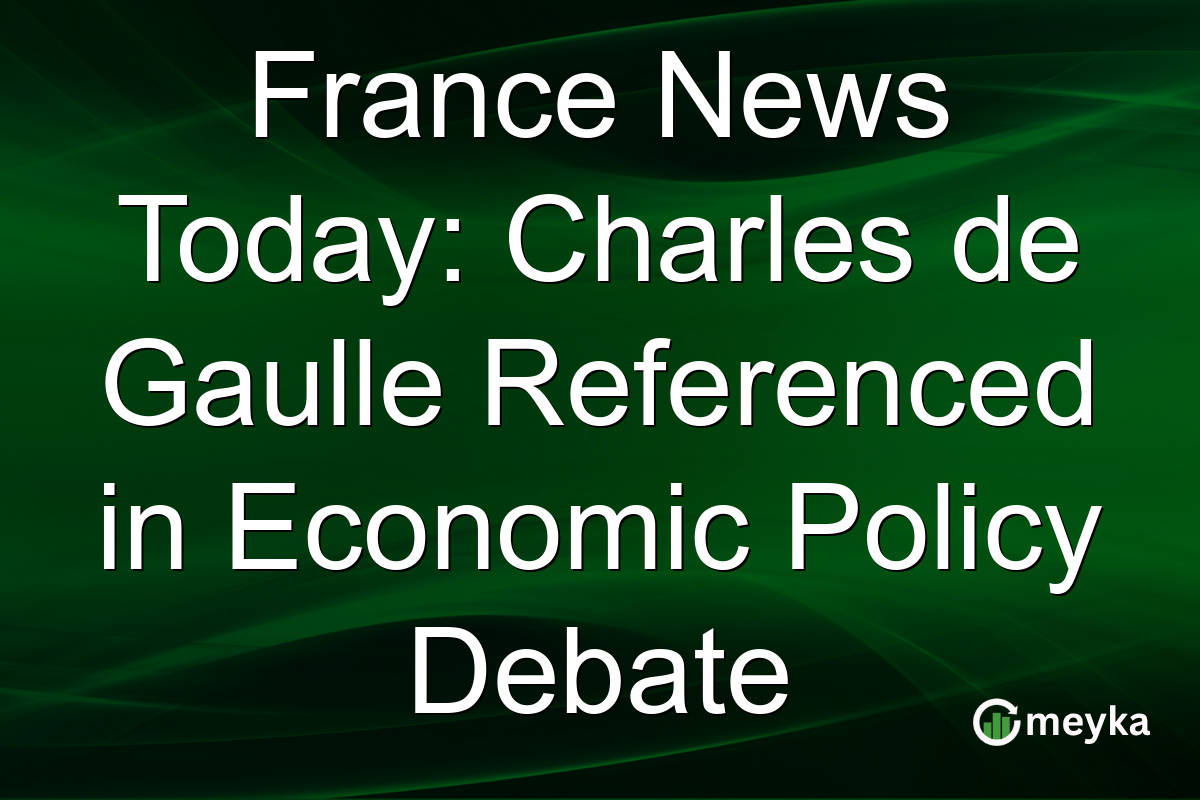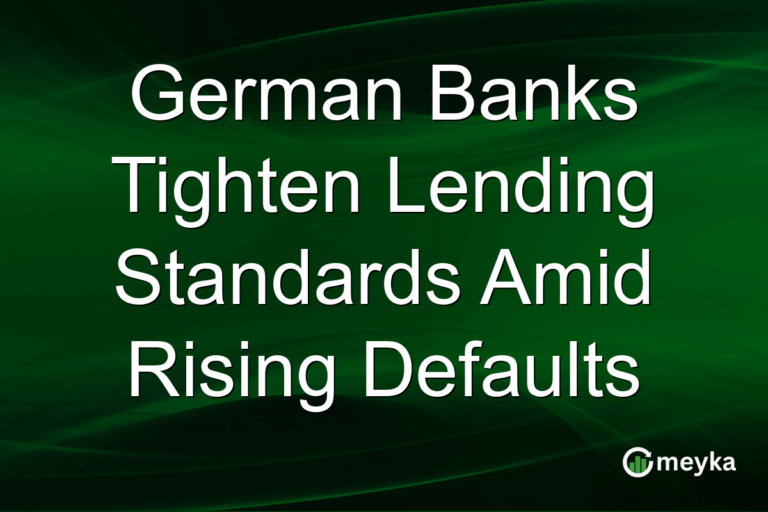France News Today: Charles de Gaulle Referenced in Economic Policy Debate
Charles de Gaulle’s influence on the French economy is resurging as policymakers reevaluate his post-war strategies. This renewed focus comes amid significant debates over France’s economic policies and fiscal strategies. Charles de Gaulle is often remembered for his robust economic reforms that helped rebuild France after World War II. Now, amidst rising challenges, French economists are revisiting these historical strategies. Such discussions underscore an attempt to balance national priorities with modern economic demands.
Revisiting Charles de Gaulle’s Economic Strategies
Charles de Gaulle took office with the aim of transforming a war-torn nation into an economic powerhouse. His policies focused on nationalization and public investment, which were crucial in stabilizing the French economy. Today, these strategies are examined as a potential blueprint for addressing contemporary fiscal challenges. The current French economic debate centers on public spending, and de Gaulle’s emphasis on state-driven growth is a focal point.
Analysts note that similar policies could modernize France’s infrastructure while supporting innovation. This interest in de Gaulle reflects a desire to anchor present economic discussions in pragmatic and historically proven principles.
Modern Implications of Historical Policies
French policymakers are keen on adapting de Gaulle’s strategies to suit today’s digital and globalized economy. De Gaulle was instrumental in centralizing the French economy, which helped achieve a diversified and resilient industrial sector. Modern implications include exploring sustainable energy avenues and digital transformation as forms of nationalization. These topics dominate France business news as the government seeks pathways for innovation without sacrificing stability.
Recently, Prime Minister Élisabeth Borne mentioned this in a discussion at the National Assembly, emphasizing a need to balance traditional spending with emerging needs. Such debates are critical as France aims to bolster its economic framework amid global uncertainties.
Read more: Current Business Strategies.
Current Economic Debates in France
Today’s French economic debate seems particularly polarized between proponents of austerity and advocates for proactive fiscal policies. Charles de Gaulle’s impact on the framework for financial independence is being evaluated for guidance. Under his leadership, economic policy strongly favored strengthening national industries, a principle some argue remains relevant.
The push for increased public investment, as suggested by figures in France business news, mirrors past efforts during de Gaulle’s tenure to revitalize the economy. France faces the urgent need to reassess strategic investments, which could involve revisiting de Gaulle’s vision of a self-sufficient economic model. Such insights illustrate the ongoing quest to balance economic stability with innovative growth.
The Role of History in Shaping Economic Policy
By linking historical economic successes to today’s challenges, policymakers hope to derive actionable insights. De Gaulle’s tenure is often highlighted for its proactive fiscal measures which enabled France to emerge strong post-war. This depth of historical analysis enriches current discussions, offering a roadmap that combines traditional fiscal prudence with modern adaptability.
The renewed focus on Charles de Gaulle’s economic policies during this time of uncertainty reflects a broader global trend of looking to the past for solutions. This approach fosters a dialogue that places historical context at the forefront of contemporary policy-making. Engaging with such rich history is essential for informed economic strategies in the fast-evolving world of [2025].
Final Thoughts
Revisiting Charles de Gaulle’s policies offers valuable insights during France’s current economic challenges. This analysis fosters a nuanced understanding of fiscal strategies that prioritize both innovation and stability. Through the lens of history, policymakers can explore diverse solutions to emerging issues. Staing valuable old-world accuracy to guide new-world growth can prove beneficial. For investors and analysts, observing these policy discussions offers foresight into the evolving economic landscape in France. Whether through traditional models or cutting-edge innovations, they have an opportunity to strategically align with these changes. For investments and strategic insights, platforms like Meyka provide real-time financial data and predictive analytics, aiding investors in navigating such complex socioeconomic landscapes effectively.
FAQs
Charles de Gaulle is referenced for his successful post-war economic policies. His strategies of nationalization and public investment are considered as potential models for modern economic challenges in France.
De Gaulle’s emphasis on state-driven growth is examined for its potential to revitalize France’s digital and green infrastructure. This historical context aids current efforts to balance innovation with stability.
France faces debates over fiscal strategy, including austerity versus proactive spending. Historical economic principles from de Gaulle’s era are being reevaluated to address these challenges.
Disclaimer:
This is for information only, not financial advice. Always do your research.






